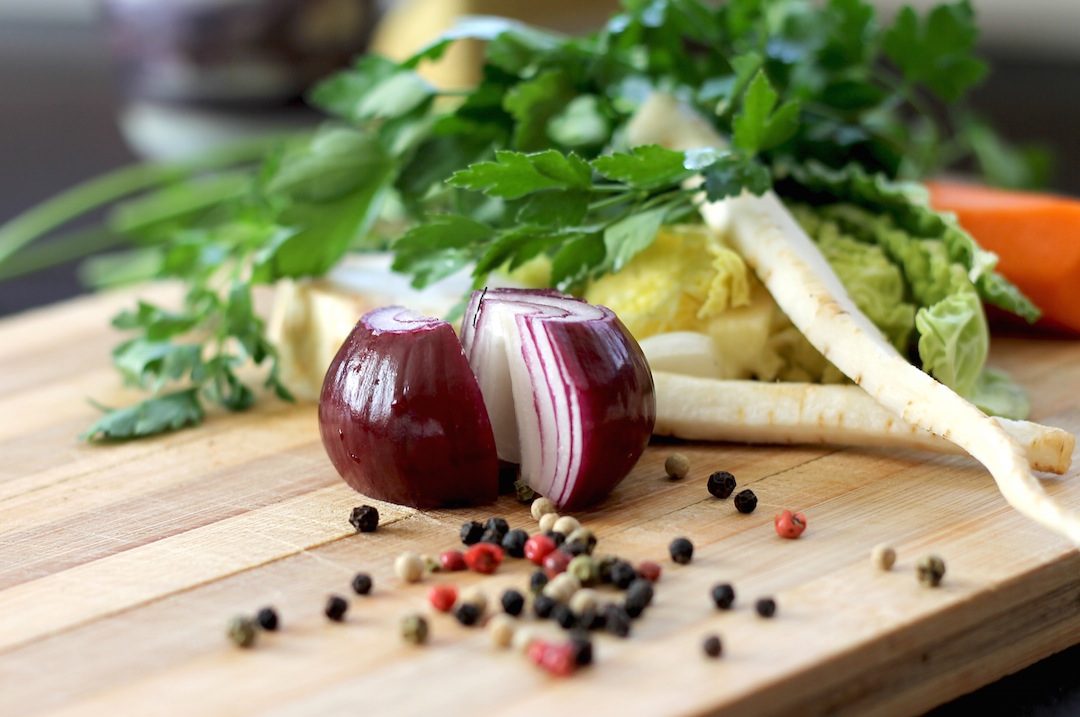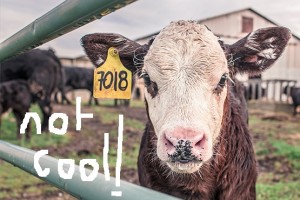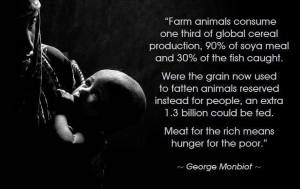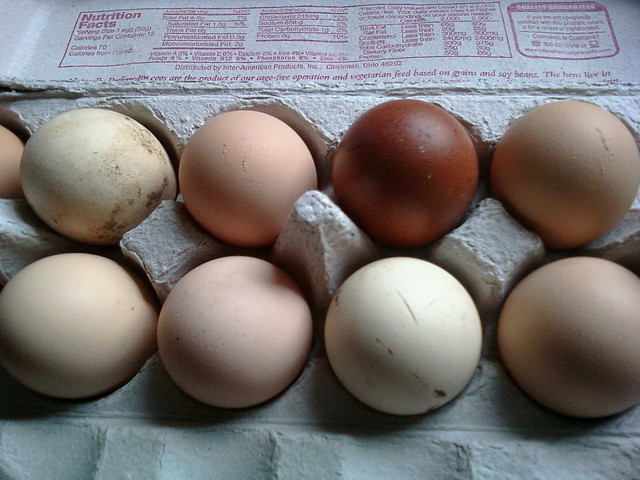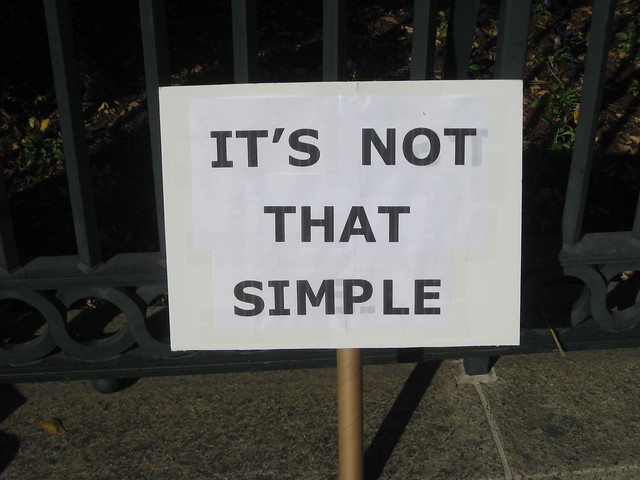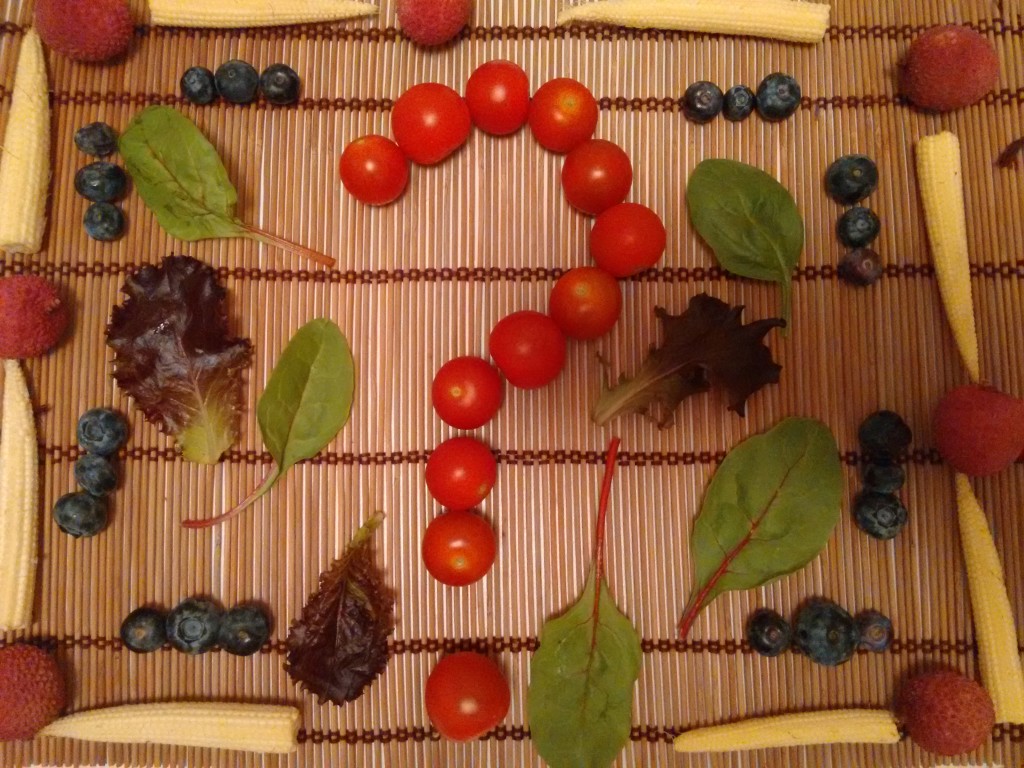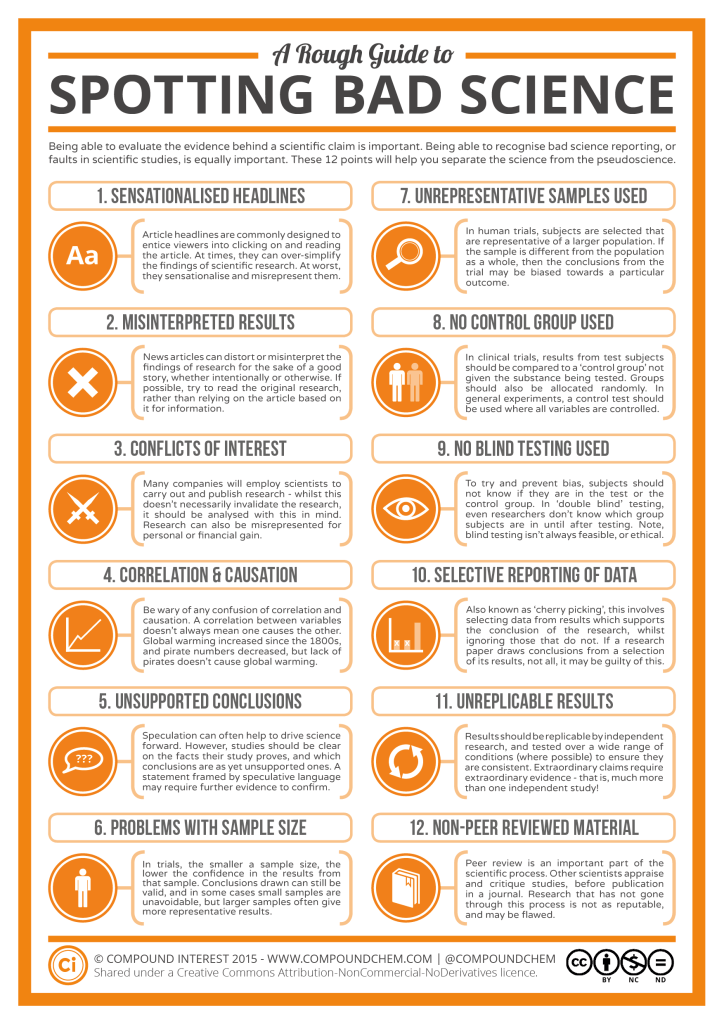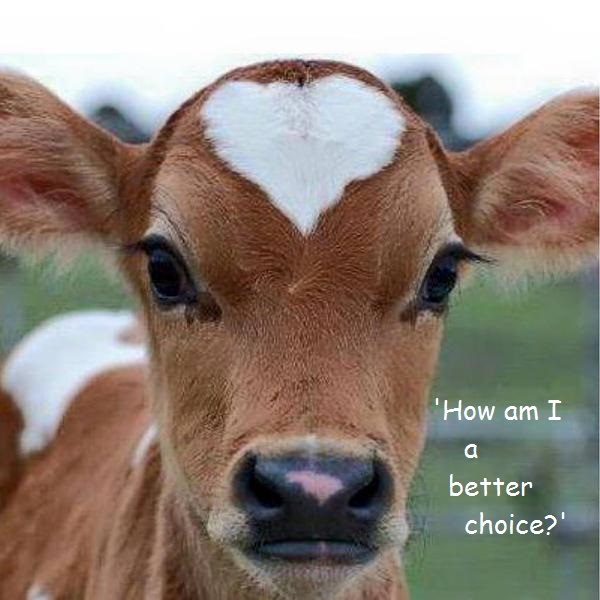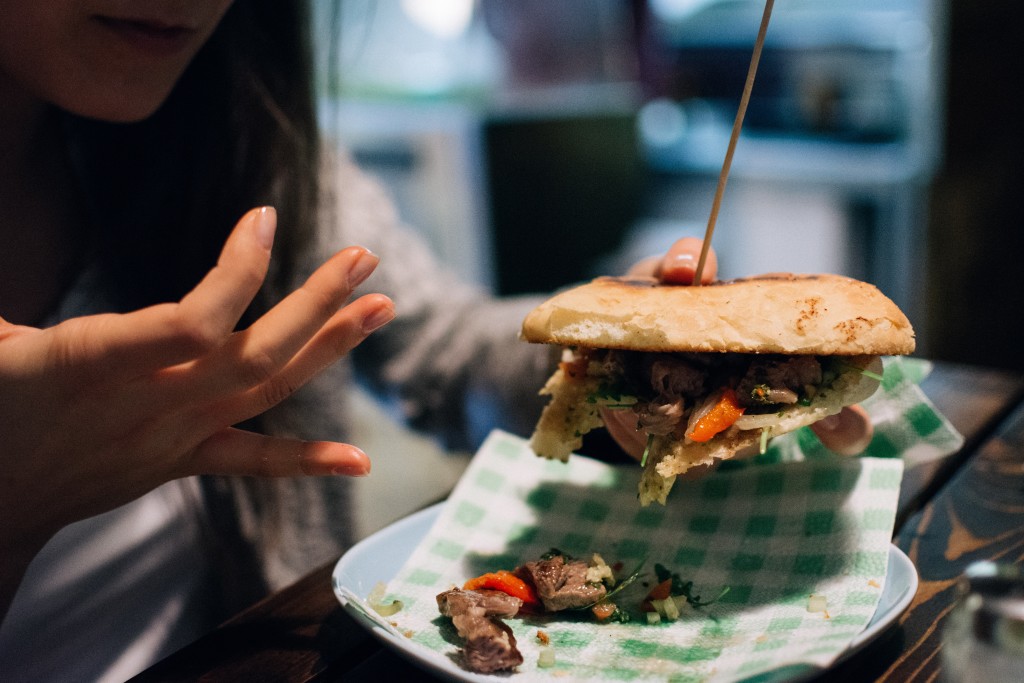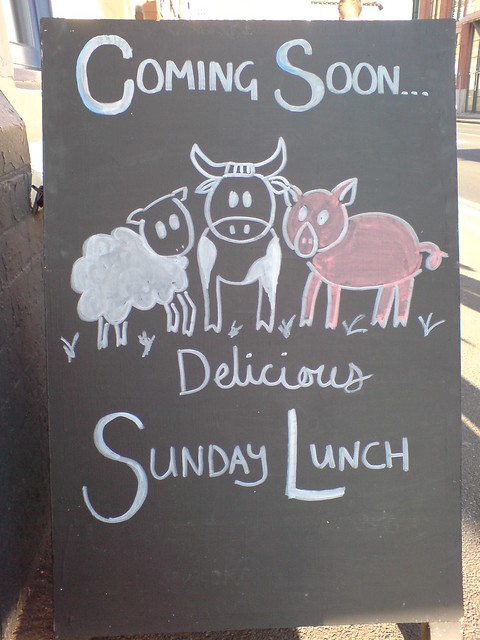
There are so many ways that being vegan impacts the world.
You know about the animal cruelty, environmental destruction, poor health and threat to world hunger that comes with a standard meat and dairy strong diet.
And Lord knows I’m ALWAYS going on (particularly on my live broadcasts – follow me on Periscope right here, YES IT’S FREE!) about the dynamics of oppression and how all oppressions (speciesism, sexism, racism etc) are the same and feed each other, so we need to be aware of this because, as MLK says: ‘injustice anywhere is a threat to justice everywhere‘ etc., etc.
So I’ll go along thinking I have a good grasp of where veganism fits into the big picture of, er, everything; then I’ll read something that makes me think of yet ANOTHER reason why everyone being vegan would just…well…..stop the world from going down the toilet!
You’ve heard the saying ‘violence breeds violence.’
In how many ways might this be true as it relates to the violence inherent in the meat industry breeding violence elsewhere?
There’s a couple of interesting studies I’d like to share.
In the late nineties/early two thousands, a prison facility in Victor Valley, California tried a program they called NewStart where they let inmates choose whether to have standard food and go through the normal prison program; or a vegan diet with some Bible study and anger management classes.
The main reason for initiating this was, as quoted by the nutrition services co-ordinator of the prison ‘what we eat affects not only our bodies physically, but also our mental attitude, our levels of aggression and our ability to make good decisions.’
State officials were skeptical about how many prisoners would actually choose the vegan meal plan, but 85% wound up on the program!
The results?
It seems that violence decreased significantly amongst the inmates on the NewStart plan.
And check this:
The remarkable behavioral changes could even be seen outside in the prison yard where according to prison officials, nobody “owned” or controlled the yard. Typical lines drawn between blacks, whites, hispanics, gang members and other groups were non-existent. On the NEWSTART side, everyone played basketball together and had great fellowship. The CDC [standard prison program] side of the house had the same racial divisions experienced at any other prison.
Not only that, but the recidivism rate for the inmates once released was 2%, when the average for California is 90%.
Now I’m sure the anger management classes and Bible study contributed to these results somewhat, but it leaves some big questions as to whether more people going vegan would mean far less violence in the world.
Could more people on a vegan diet even help to eradicate racism (and racist violence) as it did in the prison? And if it did this, could it also end sexism and violence against women? I believe it could – if we stop seeing animals as ‘other,’ we stop seeing anyone as ‘other.’
Can you even imagine how it might be if all children were raised vegan from birth?
What about domestic violence and violent crime in a community?
Well, this study from the universities of Windsor and Michigan State found that in locations surrounding slaughterhouses, there are clusters of domestic violence incidences and violent crimes amongst the workers and their communities that occur BECAUSE of the nature of the work in the slaughterhouse:
The findings indicate that slaughterhouse employment increases total arrest rates, arrests for violent crimes, arrests for rape, and arrests for other sex offenses in comparison with other industries. This suggests the existence of a “Sinclair effect” unique to the violent workplace of the slaughterhouse, a factor that has not previously been examined in the sociology of violence
The study, by the way, was to see if what was a hypothesis about the connection between violence towards animals in the slaughterhouse and crime and violence outside of it (initially explored by Upton Sinclair in his novel ‘The Jungle’ about a big Chicago slaughterhouse) held any weight.
It’s no great stretch of understanding to see that if someone is desensitising themselves to the brutality they are inflicting on sentient beings all day long, that when they leave the workplace this desensitisation and lack of empathy is still in place and would affect every relationship outside of it.
An Australian study that was carried out to see if the same conclusions that had been drawn overseas were relevant to Australian slaughterhouse workers found exactly the same result :
Senior sociology lecturer Dr Nik Taylor at Flinders University said it had been established that the more positive a person’s attitude to animals, the lower their aggression levels, and that the reverse is also true – if you’re cruel to animals, you’re more likely to be violent to humans.
She found that meatworkers’ aggression levels were “so high they’re similar to the scores… for incarcerated populations”.
How does this branch out to the general population?
Even though those who don’t work in a slaughterhouse aren’t doing the killing, they are still desensitising themselves to the suffering of others.
Even the most unenlightened meat-eater knows that animals are killed for the meat they eat, and thus they have to compartmentalise this fact on some level to be able to consume it. It’s a pretty sound bet that if they met the animal face-to-face they wouldn’t be able to kill it themselves.
So it kind of follows that anyone who eats animal products (or at least meat, because many are actually unaware of the violence inherent in the dairy and egg industry), have desensitised themselves to the fact that an ‘other’ has been killed for their food.
Their desensitisation is a little more indirect and less intense than the slaughterhouse workers perhaps, but it is there nonetheless.
The second we desensitise ourselves to ANY ‘other’ in this way; violence (be it domestic violence, rape, general aggression) becomes possible to inflict on any ‘other.’
It’s fun imagining what a vegan world would look like 🙂


